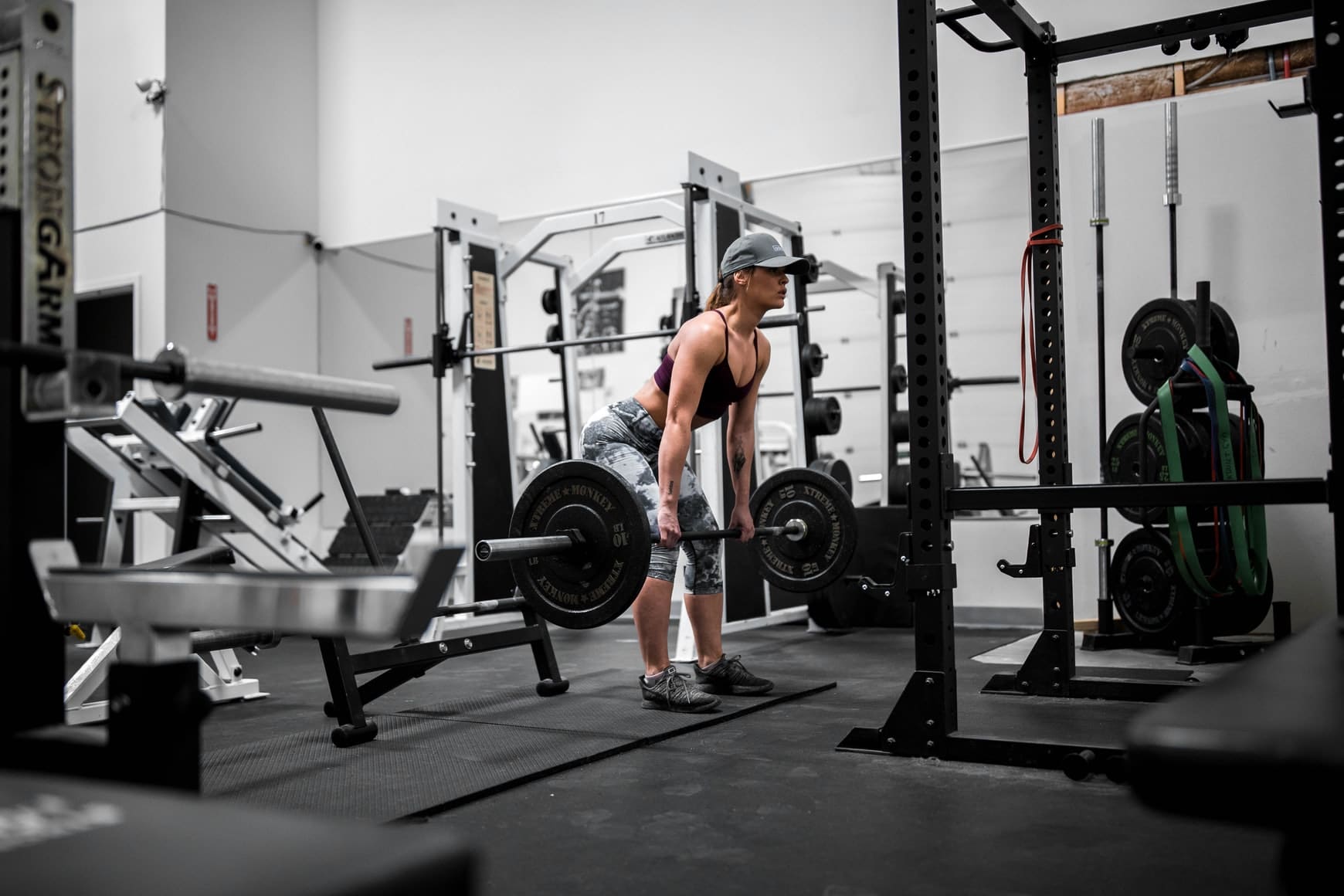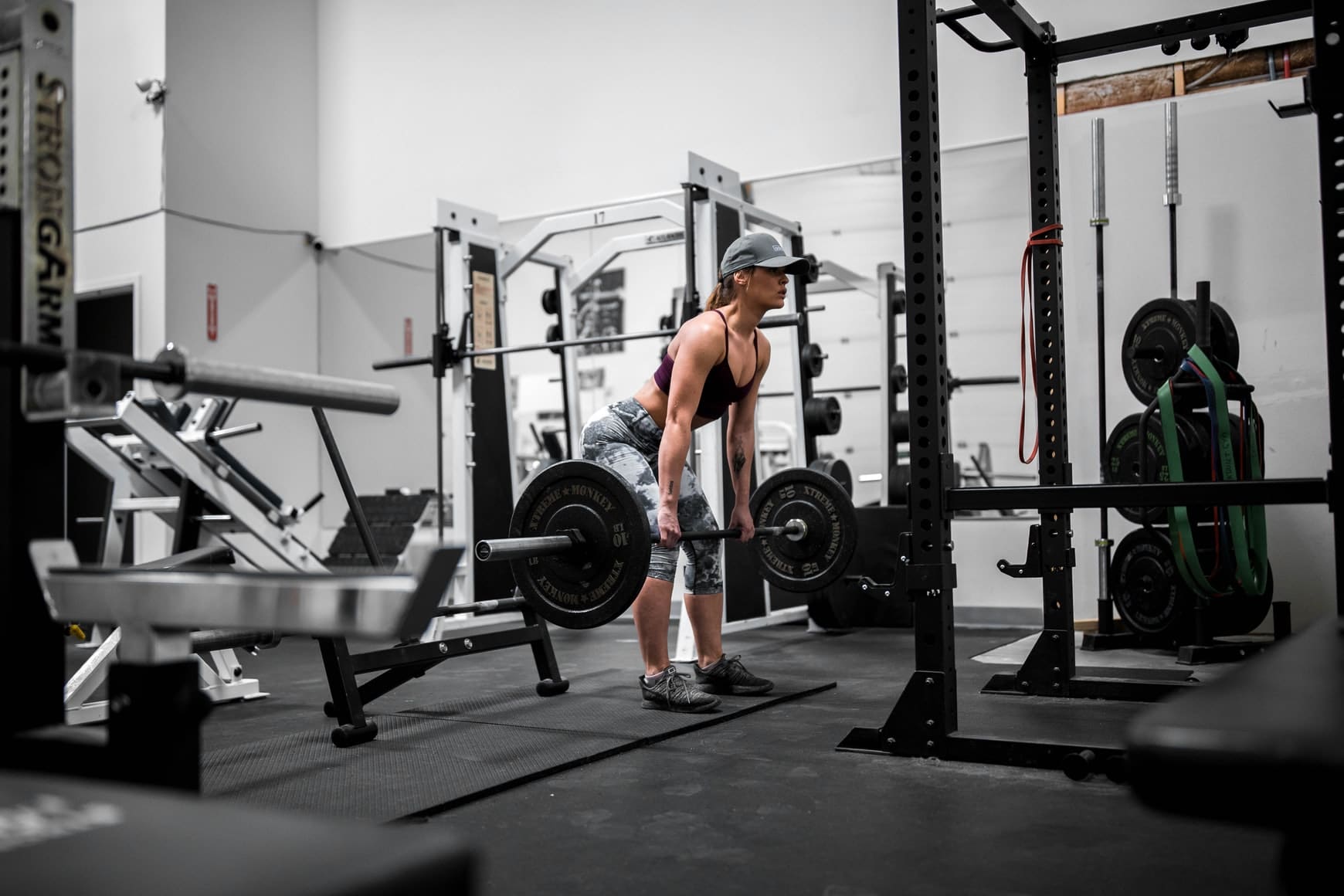
“What happens if the lifter only gives it a half-ass effort, not tracking calories and skipping training days?”
So you’ve probably heard about newbie gains or noob gains. Even if you haven’t, the term is pretty straightforward. A newbie is someone who is new and gains are, well, gains. But why are people so obsessed with the beginning stages of building muscle? And what about hardgainers? Do hardgainers even get newbie gains?
When I started training all those years ago, my progress didn’t match that of my friends, who had appeared to explode in musculature. I was a hardgainer. Thankfully, I can look back at all the photos and measurements I took, and today, I realize that I got a pretty good dose of newbie gains, I just couldn’t see it because I was comparing myself to my swole colleagues.
Because of my pessimistic nature, I didn’t take the opportunity to guide those gains into the right direction and truly maximize them. I instead complained and felt sorry for myself. I sometimes look back at these times and inspire myself to write articles such as this one so I can help others avoid the mistakes I made.
So…
What are newbie gains and how they occur
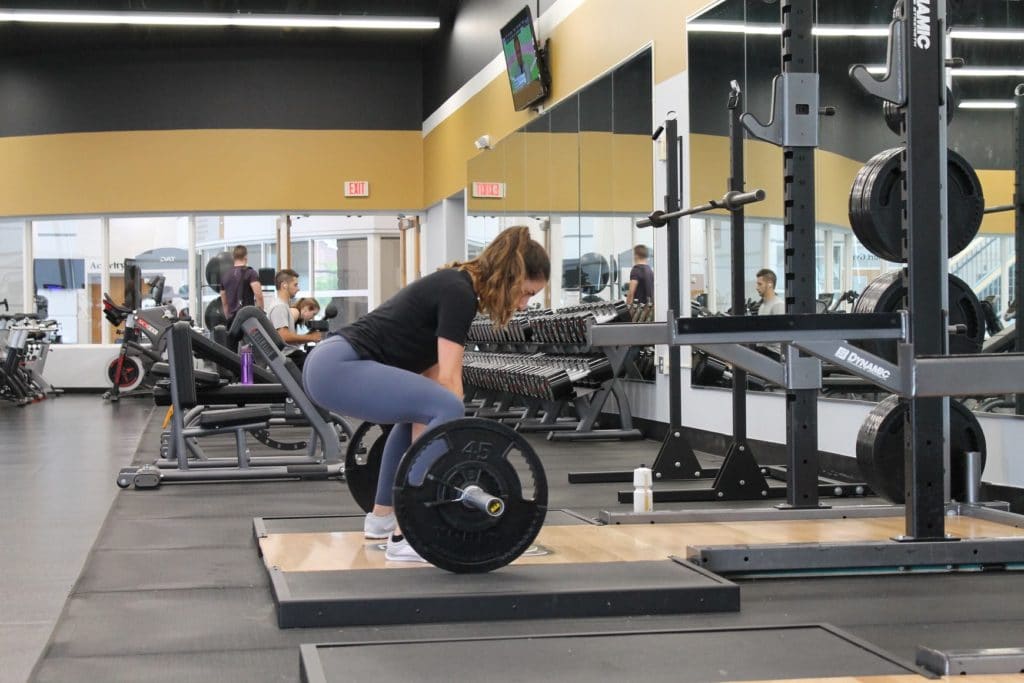
“Newbie gains” is the term used to describe the sudden and often strong response a beginner will experience upon training consistently for the first time.
When a newbie enters the world of fitness and begins lifting weights, their body undergoes a powerful response where hypertrophy comes easily. This can result in an individual gaining size rapidly within the first year of training.
“Newbie gains” may not be the scientific vernacular for the phenomenon but it has been studied and proven to be quite interesting. A number of studies have included two groups of individuals, one group trained and the other untrained. Every time, the untrained group makes gains far faster than the trained group, when prescribed the same resistance training program.
Muscle protein synthesis (MPS) is our body’s mechanism of building muscle through the use of protein. The studies show that MPS spikes after resistance training. It makes sense if you think about it since we’re placing such a high demand on our muscles, they respond by growing and that’s what MPS is.
When an untrained individual trains, MPS spikes much higher than someone who is more experienced because they are more sensitive to MPS. As time goes on, and the individual becomes repeatedly exposed to the stimulus, MPS goes down to a more normal level.
Another reason why beginners get a boost in gains is hormone response. New lifters, again, are more sensitive and responsive to the stimulus with greater hormone production. One of these specific hormones is testosterone, which plays a large role in muscle development.
How much muscle can you expect from newbie gains?
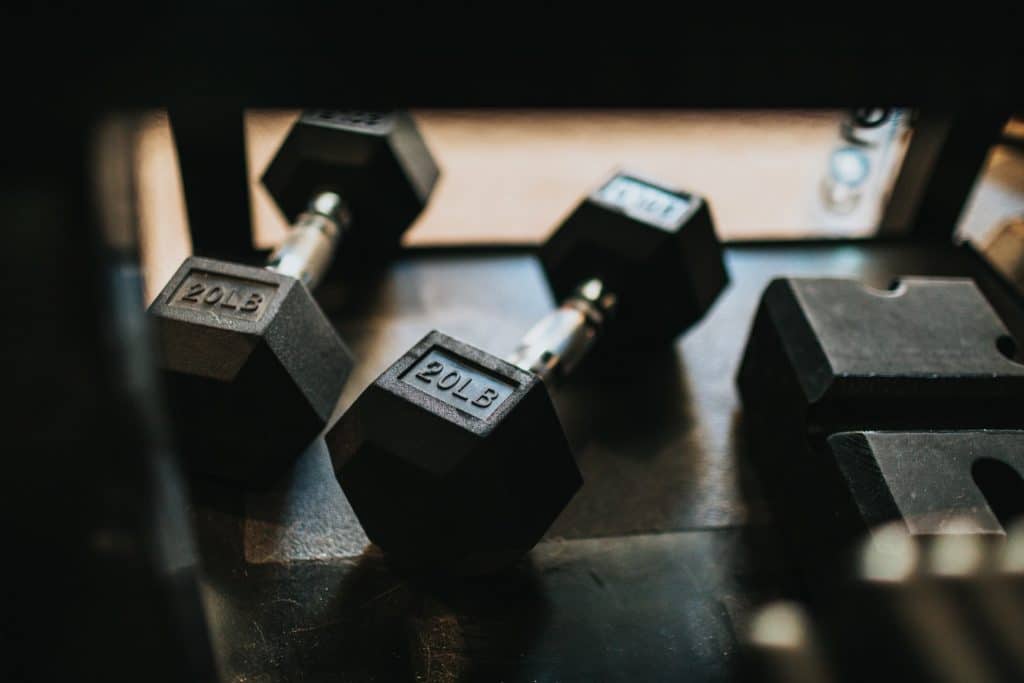
The amount of progress you make as a beginner is going to vary greatly from person to person, as does the length of time at which you’ll see accelerated gains.
Generally, most agree that the one-year mark is when you’ll see the newbie gains taper off. You’ll still see gains, of course, but at a slower rate. This can actually demotivate a lot of lifters since they don’t see the results they got in the beginning.
The most fitting answer for how much you can gain in the first year is: it depends. 10-20lbs is reasonable for most lifters who are consistently hitting the gym, and maintaining a somewhat healthy diet. If we had a large enough sample size and observed everyone’s gains over one year, I’m sure we would see a more dynamic range starting at something like 5lbs, going all the way up to 30lbs.
But, most of us will fall into the 10-20lbs range. Where you fall on this spectrum will be determined by diet, training proficiency, programming, and most of all, genetics.
Does everyone receive newbie gains (hardgainers too)?
Short answer, yes.
I suspect that this question doesn’t get asked very often by those who’ve already begun to lift weights. The truth is, virtually all of us will fall on the spectrum somewhere. Some individuals are super-responders, while others are low-responders. 90% of us are average, and virtually no one is a non-responder to resistance training, save for medical exemptions.
But you are reading a hardgainer article on a hardgainer website, so you’re probably a hardgainer- a low responder to weight training.
So, as a hardgainer, you will still get these newbie gains, but you need to come to terms with the fact that you may not put on 20+lbs of muscle like some others will.
Can you maximize newbie gains or screw them up?
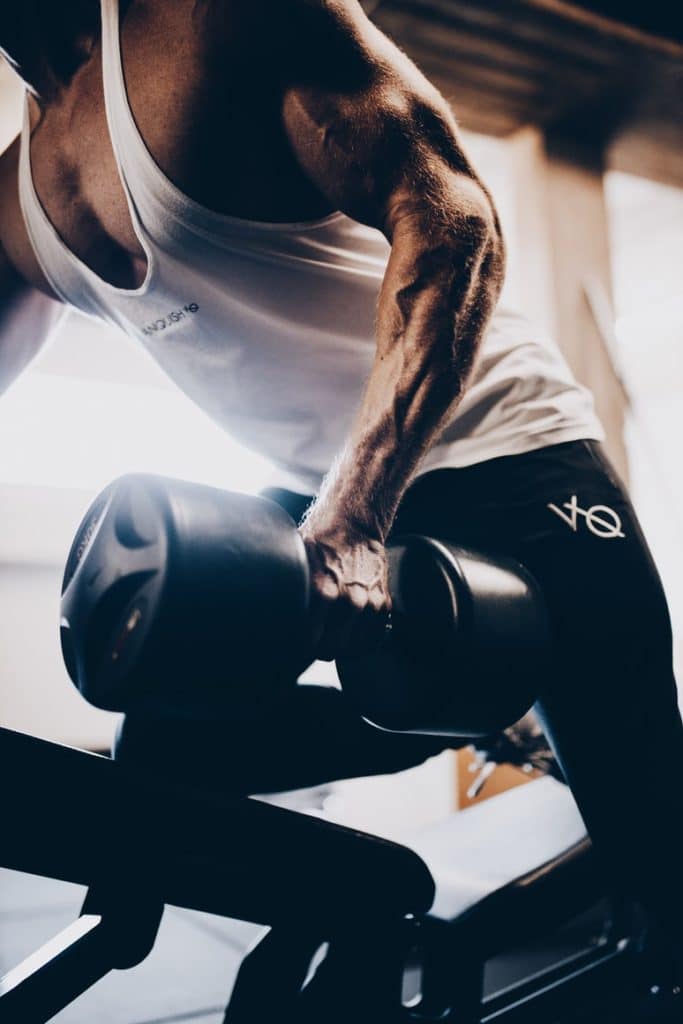
In theory, an individual will experience newbie gains during the first year of training. But this assumes that the lifter is maintaining a healthy diet and hitting the gym consistently. What happens if the lifter only gives it a half-ass effort, not tracking calories and skipping training days?
What is the difference in movement between a beginner squatter and an expert squatter? The beginner is learning the movement for the first time, may have a basic understanding, but has a long way to go with much progress to be made. An expert squatter has only the slightest of error during the movement and is able to replicate the exact bar path over and over again. The expert does not have very much progress to make anymore.
One of the reasons why newbie gains exist is due to central nervous system (CNS) adaptations. While your CNS and body rapidly adapt to learn a new movement, a lot of neuromuscular adaptations occur. These are connections between your brain and the muscles involved in the movement. These are new pathways, opening up for the first time. A byproduct of this is the gains that occur when you are first learning.
You’re unlikely to screw up your newbie gains, as they will happen as you learn the movements, and increase the load. As a rule, you must be in a caloric deficit to lose weight, and a surplus to build muscle. But there is an exception to this: Beginners who are training for the first time can lose weight and gain muscle at the same time. That’s just how powerful this adaptation is.
So no, you can’t screw up your newbie gains, you’ll get them on the contingency that you work for them. However, you can manipulate some variables in order to optimize, or even hinder the gains.
So we know that maximizing muscle gains is actually quite theoretically simple. Eat in a caloric surplus, eat healthily, eat enough protein, train consistently, apply progressive overload, get plenty of rest. If you can do those 6 things every day, you’ll maximize your newbie gains and get the most out of it that is possible.
Now, it is a lot easier said than done. I believe that if someone gives it an honest try, they will maximize 99% of those gains. The problem is when individuals don’t commit to diet and training. You can skip a day here and there- everyone has. But you have to get back in the gym the next day, no excuse. The same goes for diet, the occasional slip-up is not going to harm you. It’s lazy behavior that will reap your gains.
Thank you for making it to the end of the article, I appreciate you taking the time to read this. If you want to support me or support the website, consider sharing this post or telling your friends about us.
